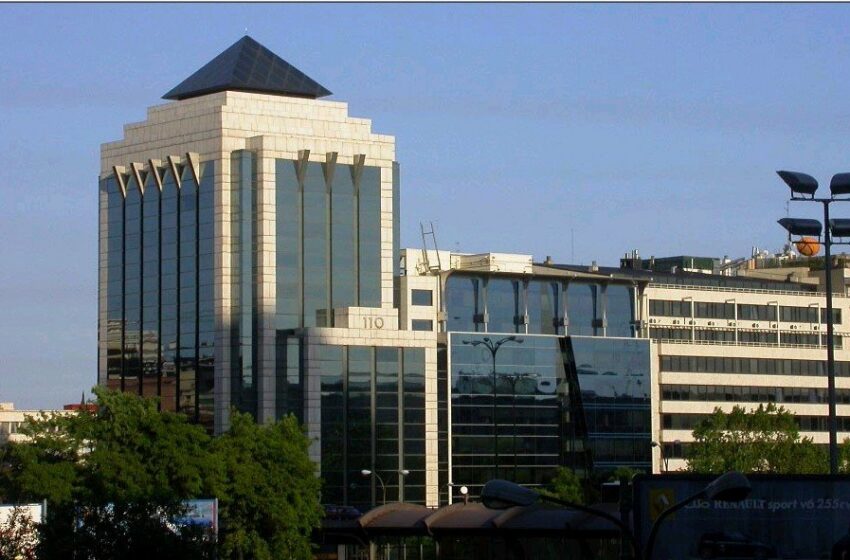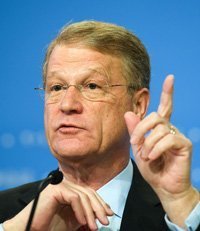The ties that unite US and Iberian lawyers
Lawyers have a vital role to play in uniting and unifying legal systems, facilitating business and overcoming artificial barriers to justice, says ABA President Stephen N Zack
A medida que los abogados aprenden idiomas, ordenamientos jurídicos y otros sistemas deontológicos, se rompen las viejas barreras para realizar negocios internacionales. Ello es especialmente evidente entre los abogados españoles y estadounidenses, que en gran medida tienen una historia común, dice Stephen N Zack, Presidente de la American Bar Association.
It’s been 500 years since Spanish leaders first explored Florida, but today the ties between Spain and my home city of Miami are more obvious than ever. Walking down Brickell Avenue, lined with the names of Spanish financial and business interests, you might think you are on the Paseo de la Castellana or Avinguda Diagonal.
Miami is a great international city, a major American metropolis, and the gateway to Latin America. It is representative of the increasingly connected and diverse world in which we live that I am the first Hispanic president of the American Bar Association. My family is from Cuba, and my background is increasingly common in today’s America, where 16 percent of the current population is Hispanic.
The city is also known for its ties to Spain and Latin America, and a large Hispanic-American population. But today you’ll hear Spanish spoken in US cities large and small, as many Americans have learned or are learning to speak Spanish as a second language. And international business is becoming as common and easy to accomplish in cities like Memphis and Chicago as it has been in Miami and New York.
Our legal systems are different, but the global economy has led to increasing interaction between the two. The US common law system is based on legal precedent, so cases centre around two sides presenting arguments about whose position best represents the correct interpretation of the law. A judge or jury then issues a decision.
American litigators like me take part in fascinating, demanding trials that require intense preparation and research in order to adequately make our case and ensure our argument explains its basis in prior rulings.
Unfortunately, these days a serious concern is how quickly a US court can consider a case. Courts are being overwhelmed by the “perfect storm” of higher demand for services, combined with budget problems tied in part to the economic downturn.
Most states are allocating two percent or less of their annual budget to fund their court systems. Court operations are sometimes moving at a crawl, and the result is that businesses often are turning to “private justice” — methods outside the courts — to resolve disputes. Mediation, arbitration and private judging are all growing trends in the United States.
The ABA strongly supports using a variety of approaches to resolve disputes. But we must also protect our jury system, and fair and fast access to our courts. Fortunately, two of America’s highest profile lawyers have come together to address this issue.
David Boies and Ted Olson, once antagonists in the Bush v. Gore case, are today working together as Chairs of the ABA Task Force on Preservation of the Justice System. We want the US system to remain a model of judicial impartiality and fairness. The ABA effort will lead
the way.
The ABA also will lead the modernisation of US legal ethics rules to reflect an increasingly borderless world. The ABA Commission on Ethics 20/20 has been working for two years and just released its first round of recommendations on changes to US model ethics rules.
The Commission was created in 2009, and charged with performing a thorough review of the ABA Model Rules of Professional Conduct and the US system of lawyer regulation in the context of advances in technology and global legal practice developments.
These changes anticipate a global practice of law and cover a range of issues, including rules governing inbound foreign lawyers. We invite you to review and comment on these proposals at www.americanbar.org.
Old barriers to doing business are falling as we continue to better understand each other’s cultures, legal systems, and ethical obligations. We have a shared history, and can look to a bright future in which Spanish and US lawyers will work as a team on business in North America, South America, Europe—and around the world.












